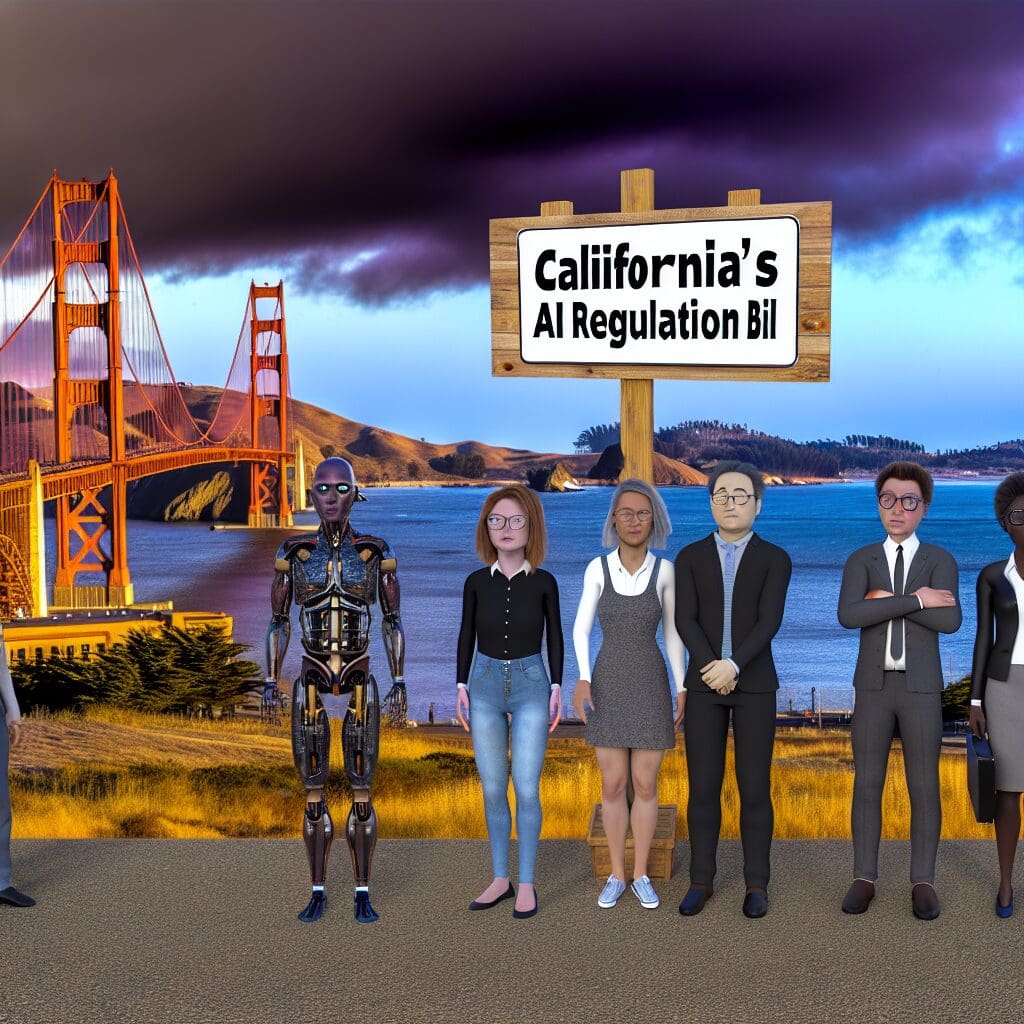California’s recent AI regulation bill has generated significant pushback from the technology sector. The legislation, aimed at establishing guidelines for artificial intelligence use, has drawn criticism from both startups and established tech giants, who argue that it lacks clarity and practicality.
Prominent voices from the industry have expressed their concerns, emphasizing the need for a cohesive federal-level framework. For instance, companies like Google and Microsoft emphasize that a singular regulatory approach would streamline compliance and foster innovation. The current state-level efforts risk creating a fragmented landscape, complicating operations for those involved in AI development across multiple jurisdictions.
In response to the legislation, industry leaders have proposed specific changes. They advocate for clearer definitions of critical terms such as “AI” and “autonomous system” to prevent ambiguity that could hinder progress. Furthermore, companies are pushing for provisions that would allow them to innovate while still adhering to essential ethical guidelines.
As the discussion unfolds, the California bill serves as a pivotal moment in the ongoing debate regarding AI governance. Stakeholders must strike a balance between protective oversight and the continued growth of a sector that promises vast benefits across diverse fields. The outcome of this regulatory battle will be instrumental in shaping the future landscape of AI in America.












